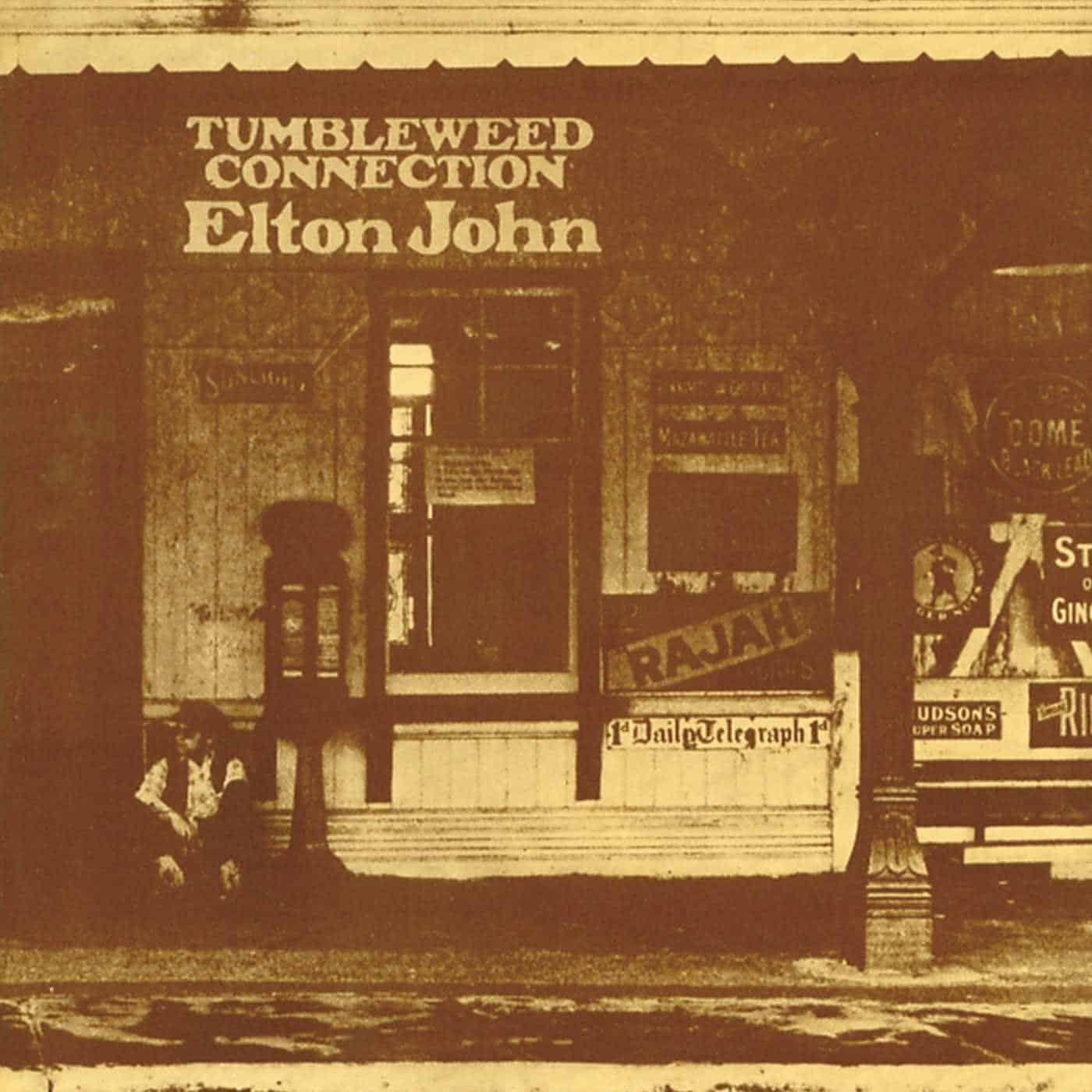Marketplace
2017 Mercury Records PRESSING
- Catalog Number 5738307
- Release Year 2017
- Vinyl Mastering Engineer Robert Ludwig
- Pressing Weight 180g
- Jacket Style Gatefold
When listening to this album I think of this band or music:
Honky Chateau makes me think of what it would be like if Rufus Wainwright and Doctor John teamed up for an album.
I would listen to this album while:
This is an album for washing dishes or cleaning house. The time zooms by.
Music from this album would be a great soundtrack to:
Songs like the perky “I Think I’m Going to Kill Myself” would complement scenes from One Flew Over the Cuckoo’s Nest or A Clockwork Orange.
Honky Chateau marks Elton John’s transition from the cinematic approach of Tumbleweed Connection and Madman Across the Water to a rock n’ roll stance. Shedding the swelling strings of arranger Paul Buckmaster, John and producer Gus Dudgeon build songs on the solid foundation of John’s touring band—at the time, one of the very best in the business. Drummer Nigel Olsson, bassist Dee Murray, and guitarist Davey Johnstone comprise an all-star team of session aces who never seem to break a sweat while amassing an astonishingly broad canvas for John’s compositions.
Throughout, Sir Elton continues to draw on American roots music but also stretches into more ethereal territory. A prime example is the iconic “Rocket Man,” about a restless space traveler. John and his band’s ability to recreate the sense of liftoff and the disorientation of weightlessness make the track a pop masterpiece. The remainder of the album plays like a wild ride south of the Mason-Dixon line. The New Orleans-flavored “Honky Cat” sets the mood and the party never wanes.
John recorded Honky Chateau in France at Château d’Hérouville near Paris. It was mixed at Trident Studios in London. The leading edges feel a bit more aggressive and the EQ more tipped up in comparison compared to John’s previous two albums. Yet the spacious soundstage and huge dynamics make it one of the period’s finest-sounding recordings.
Bob Ludwig engineered the 2017 reissue in the digital domain and Sean Magee cut lacquers from Ludwig’s mastered digital files at Abbey Road. Ludwig’s decision to bring greater clarity to the recording benefits cuts like “Mona Lisas and Madhatters” but causes others (such as “Honky Cat”) to sound forward and bright. The original U.K. pressing gets the balance just right. However, if you’re looking for a clean, flat copy that still possesses plenty of flesh and blood, the Mercury reissue will do the trick.
Honky Chateau


 4
4

